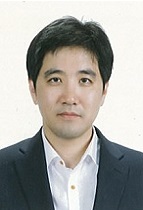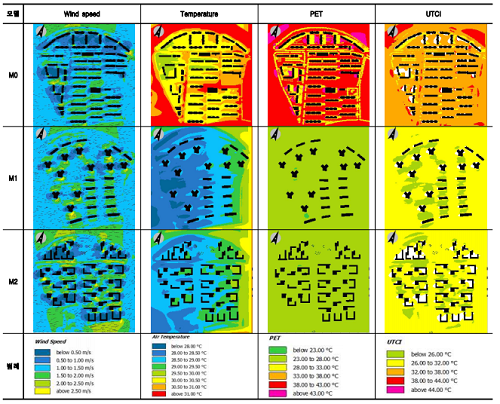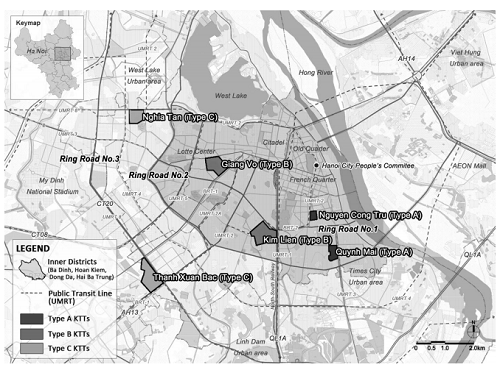Faculty People
Selected as the university to carry out the Innovative Human Resources Development project for Smart City in 2019 (from 2019 to 2023) by Ministry of Land, Infrastructure and Transport and Korea Agency for Infrastructure Technology Advancement (KAIA), Seoul National University plans to carry forward the training of core professionals necessary for industrial revitalization and expansion to the overseas market with the specialized education program reflecting the need of the smart city industry. In order to train the core professionals, we have newly set up the Smart City Engineering Program in the Department of Civil and Environmental Engineering and enhanced the linkage with the undergraduate courses by utilizing diversity of the participating professors of seven Departments (Dept. of the Civil and Environmental Engineering, Dept. of the Computer Science and Engineering, Dept. of the Architecture and Architectural Engineering, etc.). *The number of participating professors will be increased in the future.

Jae Seung Lee Associate Professor
-
- Urban Design
-
- 82-415
Urban Studies and Design Lab
82+2-880-5660 82-415
Urban Studies and Design Lab
Imagine that our city is a patient who needs immediate surgery. Physicians diagnose problems and perform an incision to remedy the damage. Recent surgery of contemporary cities has undergone an ironic process: some municipalities have initiated and financed large-scale property developments, while as a result a permanent loss of affordable homes, innovative jobs, and places of diversity and everyday lives took place in a number of places. The complexity and uncertainty of urban design increasingly characterizes contemporary city making, including emergent fields like urban regeneration, post-disaster recovery, and more broadly, a call for “normative studies” of urban design.
Our research group, titled Urban Studies and Design Lab, will attempt to respond to the following issues: What are a set of normative rationales that we perceive and appreciate good cities? What are the social, economic, and environmental impacts of the patterns of the built environment? How does a city influenced by economic downturns (e.g., shrinking cities) or environmental disasters (e.g., post-disaster recovery) rapidly recover and restore to a norm(s)? What is the adaptable city and how can we make it? These issues will be studied through critical research collaboration, collective reading, design practices, mapping, quantitative analyses, and related publications in the group.


Gwanak-ro1 · Gwanak-gu · Seoul · 08826 · Korea
|
tel. 82-2-880-9082
|
fax. 82-2-873-2684
Copyright © 2019 SCE, Seoul National University. All right reserved.




